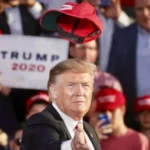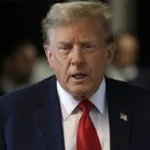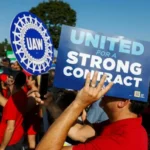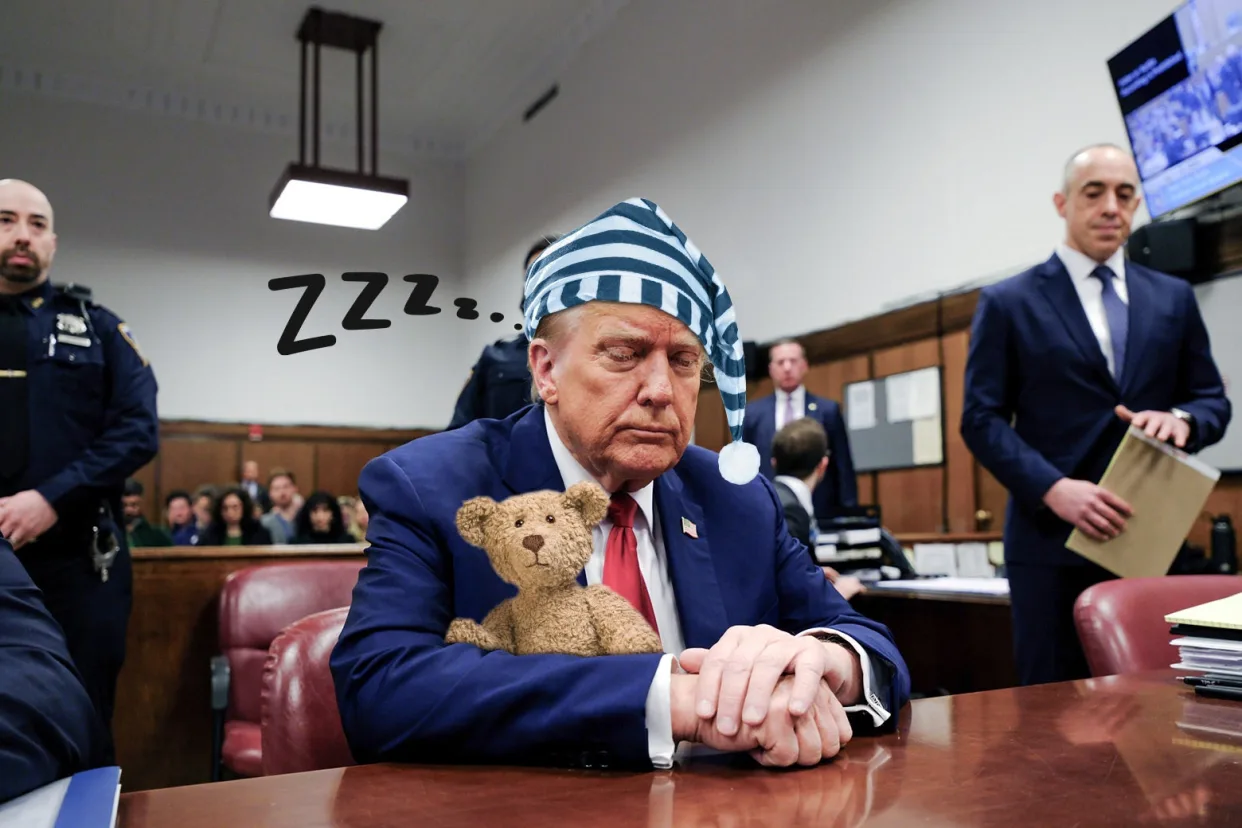Donald Trump is having a hard time keeping his eyes open. These aren’t early-afternoon siestas or weekend catnaps; they’re something more unusual. On numerous occasions, the former president has been spotted dozing off in court—during his own trial. Yes, the New York criminal trial arising from alleged hush money payments to adult film star Stormy Daniels.
Although there are no cameras allowed in the courtroom, we can go by eyewitness accounts: On April 15, during last-minute pretrial proceedings, Trump “appeared to nod off a few times,” according to the New York Times, “his mouth going slack and his head drooping onto his chest.” The next morning in court, he started drifting into sleep again. And it happened a few days later, on Friday morning.
I spoke with esteemed sleep researchers and medical professionals to learn how in the world it’s even possible that Trump is accomplishing this feat of public napping. Surely there must be something about the pressure of being a defendant in a criminal trial that’s hypnotizing the leader of the Republican ticket?
“There is nothing specific about the courtroom that is sleep-inducing,” said Ann Rogers, a professor at Emory University’s Nell Hodgson Woodruff School of Nursing, who studies sleep. “In fact, I would assume that most people on trial would be anxious and that would keep them awake.”
Audrey Wells, a sleep medicine physician in Minnesota, agrees: “It’s probably unusual for a defendant, who would presumably be on higher alert in the courtroom.” But Trump is no ordinary person. “If Donald Trump has a certain degree of familiarity with sitting in courtrooms, he might be more comfortable with that and more prone to fall asleep,” Wells said.
Over the decades, Trump and his businesses have been involved in thousands of legal scuffles, some of which have carried court dates. Although he hasn’t faced criminal prosecution before, he’s certainly familiar with the inside of courtrooms, perhaps so much so that he’d have an easier time than the average person letting go and drifting off in one.
So, he might feel more at home in a courtroom setting than the rest of us, but it’s easy to imagine that the overall stress of this trial—as well as the many, many other legal cases against him—is lowering his quantity and quality of sleep and increasing the likelihood of his dozing off during the day. He could be having trouble falling asleep, or he could be waking up repeatedly in the middle of the night. “This kind of insomnia causes daytime sleepiness as one’s body struggles to get the sleep it needs,” said Gina Poe, a neuroscientist at the University of California, Los Angeles, who studies sleep. “Increased homeostatic sleep pressure could combine with dull proceedings and/or a sense of confidence and safe surroundings to reduce vigilance and allow sleepiness to win.”
Trump could be restless at night for reasons other than stress. As consummate professionals, the experts I spoke to all cautioned that they haven’t personally evaluated Trump and are thus speculating about his health, but each pointed to his publicly known risk factors for one medical condition: obstructive sleep apnea. “His age puts him at risk, the fact that he’s male, the size of his neck, his body mass index, he’s tired—all of those things are worth 1 point on a questionnaire called the STOP-Bang, and scores greater than 3 indicate a moderate to high risk for obstructive sleep apnea,” said Wells. That condition involves repeated drops in blood oxygen and sleep disturbance.
Rogers also pointed to Trump’s public bragging about his sleep deprivation: On the campaign trail in 2015, Trump said, “I’m not a big sleeper, I like three hours, four hours, I toss, I turn, I beep-de-beep, I want to find out what’s going on.” Trump’s beep-de-beeps are likely his propensity for middle-of-the-night scrolling and rage-posting on social media (once X/Twitter, more recently Truth Social). Neither the blue light from his phone nor his agitated state will help his sleep hygiene, experts said.
Trump has denied falling asleep during his trial, and a spokesperson for his campaign has deemed the reports “100 percent fake news.” The former president has also “privately raged” to confidants about his treatment in the courtroom, including the allegations of his snoozing. Though Trump could, of course, be lying—as he’s been known to do—his vigilant insistence about not falling asleep might have a scientific explanation: “He might not realize he’s dropping off,” Rogers said. “Someone in the lightest stages of sleep may not realize that they’re sleeping.”










